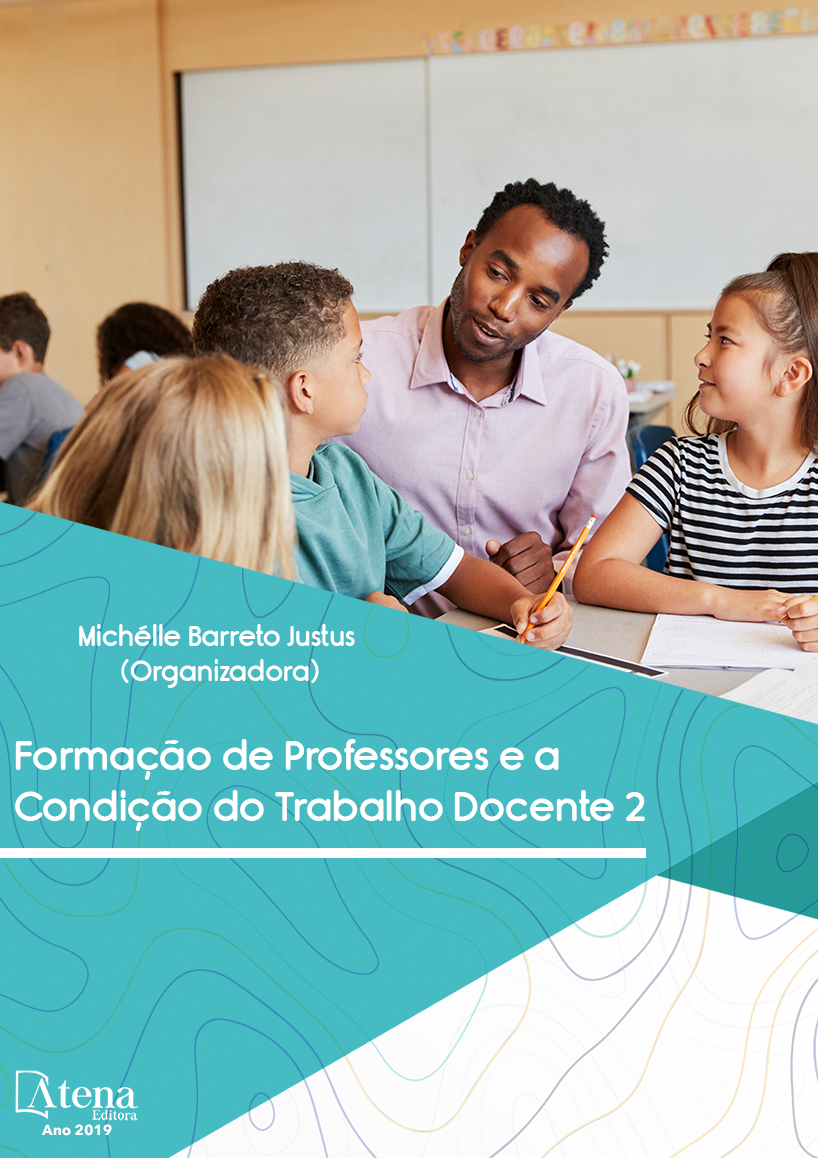
TRABALHO DOCENTE, POLÍTICAS GERENCIALISTAS E CURRÍCULO: POR UMA EDUCAÇÃO MAIS HUMANA
Este artigo procura tecer
considerações acerca do trabalho docente
frente às políticas gerencialistas que influenciam
o currículo escolar. Autores como Stephen Ball,
Diane Havitch e Álvaro Hypolito nos auxiliam a
entender a lógica neoliberal e globalizante que
tem permeado a escola pública nos últimos
anos. Procurar-se-á a partir desses autores,
demonstrar que cada vez mais setores da
iniciativa privada têm adentrado no setor
educacional a partir do apoio governamental.
Essa lógica acaba afetando os currículos
escolares, visto que os educadores sofrem
grande pressão para preparar os educandos
para os testes que visam promover os escores
das escolas. Por outro lado, a partir dos estudos
pós-críticos, muitos educadores procuram um
caminho diferenciado o qual se busca uma
educação mais humana, conforme os estudos
de Gert Biesta e Paulo Freire. Dessa forma
encaminhamos o presente texto no sentido
de refletir sobre um currículo construído pelos
educadores e educandos. A partir de Norman
Flaircough é possível perceber o que está
oculto nos mais variados discursos, e, em
nossa opinião, os discursos oficiais em geral,
primam por manter as desigualdades sociais
a partir de uma roupagem de igualdade de
oportunidades para todos. A partir das vivências
e das experiências da Comunidade Escolar,
pode-se construir um currículo critico que
tenha como objetivo buscar uma resistência ao
currículo oficial. As relações de poder definem
os conteúdos a ser trabalhados, porém, isso
não está explicito e pode ser modificado a
partir de um debate que tenha como premissa
a interculturalidade conforme nos aponta Arjun
Appadura
TRABALHO DOCENTE, POLÍTICAS GERENCIALISTAS E CURRÍCULO: POR UMA EDUCAÇÃO MAIS HUMANA
-
DOI: 10.22533/at.ed.41219050712
-
Palavras-chave: Gerencialismo; Currículo; Educação.
-
Keywords: Management; Curriculum; Education
-
Abstract:
about the teaching work in front
of the managerial policies that influence the
school curriculum. Authors like Stephen Ball,
Diane Havitch and Álvaro Hypolito help us
understand the neoliberal and globalizing logic
that has permeated the public school in recent
Formação de Professores e a Condição do Trabalho Docente 2 Capítulo 12 137
years. It will be sought from these authors, to demonstrate that more and more sectors
of the private initiative have entered the educational sector from the governmental
support. This logic ends up affecting school curricula, as educators are under great
pressure to prepare learners for tests to promote school scores. On the other hand,
from the post-critical studies, many educators seek a differentiated path which seeks a
more humane education, according to the studies of Gert Biesta and Paulo Freire. In
this way, we refer the present text to reflect on a curriculum constructed by educators
and students. From Norman Flaircough it is possible to perceive what is hidden in
the most varied discourses, and, in our opinion, official discourses in general, excel
at maintaining social inequalities from a dress of equal opportunities for all. From the
experiences and experiences of the School Community, one can construct a critical
curriculum that aims to seek resistance to the official curriculum. The relations of power
define the content to be worked, however, this is not explicit and can be modified from
a debate that has the premise of interculturality as pointed out by Arjun Appadurai
-
Número de páginas: 15
- Cristiane Bartz de Ávila
- Ângela Mara Bento Ribeiro
- Maria de Fátima Bento Ribeiro


